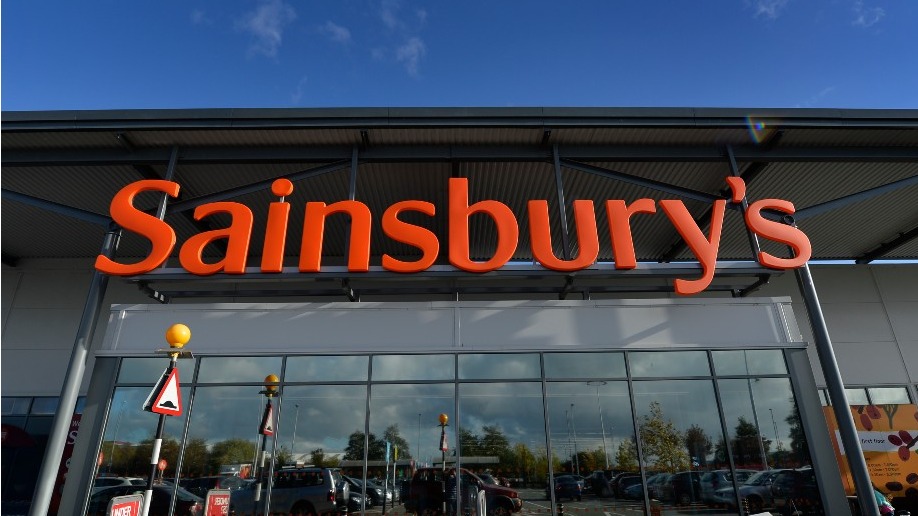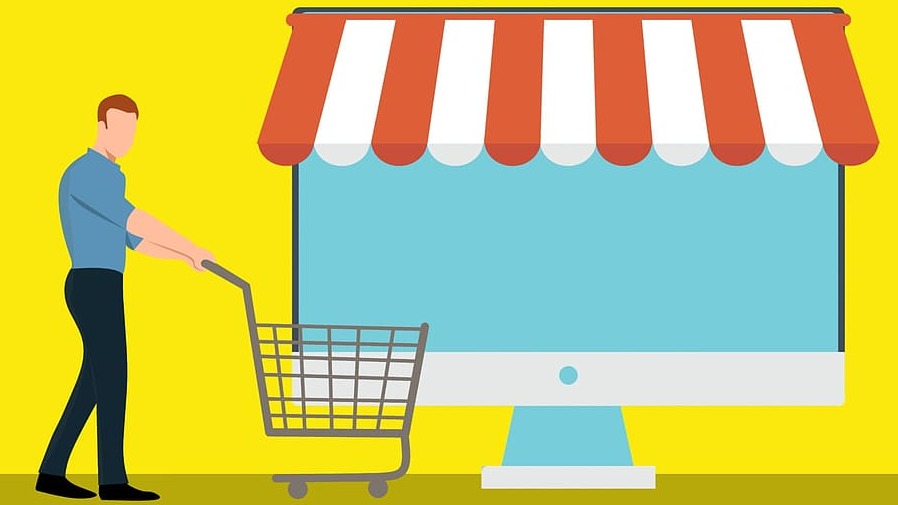The Australian government has announced measures to regulate buy-now-pay-later (BNPL) services as a consumer credit product.
One of the most important parts of this shift for Australian BNPL players like Jack Dorsey-owned Afterpay would be the requirement for BNPL providers to carry out background checks before lending.
Australia becomes the second country to regulate BNPL as a standard credit product after the UK introduced similar measures earlier this year.
The Australian government is set to unveil the draft legislation for consultation later this year. It is expected that the bill will be introduced into parliament by the end of the year.
BNPL operators have historically been able to avoid consumer credit regulation as they do not carry interest charges, but critics have argued that BNPL should be considered credit as it has the same impact on borrowers.
This is the argument put forth by Australia’s Labor government, with the country battling the highest level of inflation in 30 years.
At a speech in Sydney, financial services minister Stephen Jones said: "BNPL looks like credit, it acts like credit, it carries the risks of credit. Our plan prevents lending to those who cannot afford it, without stopping safe, prudent BNPL use."
Retail industry figures showed that Australia had about 7 million active BNPL accounts that resulted in A$16 billion of transactions in 2021-22, up 37 per cent year-over-year. Over 25 per cent of Australians said they have used BNPL to pay for purchases.
Responding to the announcement, a spokesperson for Afterpay described it as a "strong first step in the development of a fit-for-purpose buy-now-pay-later regulatory framework".
Meanwhile, the Australian Finance Industry Association, which had introduced a BNPL code of conduct with the hopes of continued self-regulation, said it would "continue to work collaboratively with the government on the details of future regulation".
Latest News
-
Morrisons deploys real-time engagement platform in stores to boost personalised promotions
-
Frasers Group acquires majority stake in Italian sports retailer Maxi Sport
-
Lidl invests £29m in latest pay increase
-
Casino Group signs long-term agreement with Spar
-
Extra Shop rolls out electronic shelf labels
-
Evri launches new scheme to upskill workers in AI and data
Beyond Channels: Redefining retail with Unified Commerce
This Retail Systems fireside chat with Nikki Baird, Vice President, Strategy & Product at Aptos will explore how unified commerce strategies enable retailers to tear down these barriers and unlock new levels of operational agility and customer satisfaction.
The future of self-checkout: Building a system that works for consumers and retailers
In this webinar, industry leaders discussed what the future of self-checkout looks like and how retailers can make the technology work for everyone.
© 2024 Perspective Publishing Privacy & Cookies










Recent Stories